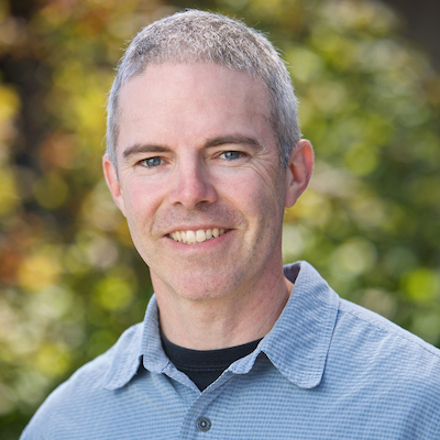 On April 22-23, finance ministers from the G-20 countries will be meeting to tweak the international system of finance. They are planning to discuss how to regulate the financial industry and prevent future financial collapses. Perhaps they will make some progress, but they won’t get it right until they gain a better understanding of how money works. The G-20 ministers would do well to invite the authors of the following two quotes:
On April 22-23, finance ministers from the G-20 countries will be meeting to tweak the international system of finance. They are planning to discuss how to regulate the financial industry and prevent future financial collapses. Perhaps they will make some progress, but they won’t get it right until they gain a better understanding of how money works. The G-20 ministers would do well to invite the authors of the following two quotes:
1. We know that unlimited growth in a finite world may eventually lead to ecosystem collapse, but the framework of our modern economic system depends upon the assumption of exactly that – unlimited growth.
2. The inevitability of our planet’s ecological limits means that the choices before companies are not about whether they care for the environment, but about the substance and relevance of what they are doing. Dealing with limited ecological capacity is arguably the most important business challenge facing companies in the 21st century.
These aren’t the quotes of a renegade economist, exiled from a neoliberal university department, and they are not quotes from a starry-eyed activist railing against “the man.” These quotes actually appear in the introductory material of shareholder reports for a global mutual fund. Leslie Christian and Carsten Henningsen, co-founders of Portfolio 21, are the authors.
The fact that mutual fund managers wrote these quotes is quite fascinating. It seems almost paradoxical, since their job is to generate returns for customers. No mutual fund can long survive if the companies in the fund’s portfolio aren’t growing (or at least expected to grow). Christian and Henningsen accept the ultimate truth that unending growth is a myth, and they are not afraid to level with their clients and recognize that Portfolio 21 will change over time.
If the G-20 ministers want to reform the complex and failing financial system at the national and global scale to make it more dependable and more consistent with long-term ecological health, they will need advice from keen thinkers like Christian and Henningsen. What is it about money that the finance ministers need to understand? They, like the majority of citizens, are operating from an incomplete mental model of how money works. Most of us already understand that it’s good to have some money in our pockets. Money gives us access to necessities and comforts. If we have it, we can get the things we need and want for ourselves and our families. That’s quite an incentive for us to make sure we have enough money, and even an incentive to make sure we have more than enough. Most of us also understand that money translates into power. The more of it we have, the more influence we can wield on the world around us. Taken to the extreme, a large corporation or government with truckloads of money can remove entire mountains, launch spacecraft, or deploy an army. Those are well understood characteristics of money, but there is one simple and critical feature of money – a feature with wide-ranging implications – that we have largely forgotten.
Money is not real wealth, but rather a claim on wealth or COW. Real wealth takes the form of housing, land with good soil, medical care, dinner, computers — actual goods and services that provide value. Money itself has no authentic value, except that we accept it as a COW. Money is akin to a concert ticket. The only reason anyone wants a ticket is to gain access to the concert. Just as the ticket is redeemable for a concert-going experience, money is redeemable for real wealth. Having hundreds or millions or billions of concert tickets is only valuable if you can attend hundreds or millions or billions of concerts. The same concept applies to money. The only reason anyone wants a wad of money is to be able to exchange it for a bundle of goods and services.






